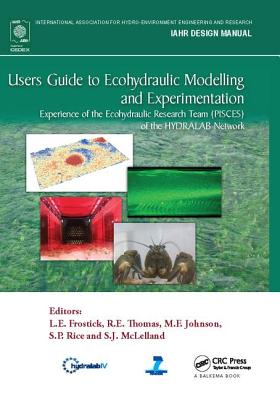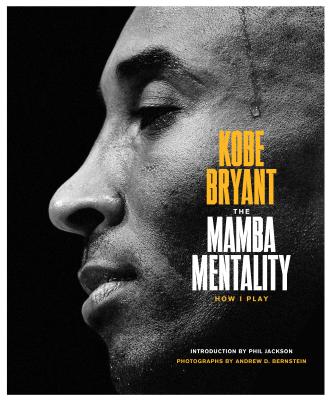Users Guide to Ecohydraulic Modelling and Experimentation has been compiled by the interdisciplinary team of expert ecologists, geomorphologists, sedimentologists, hydraulicists and engineers involved in HYDRALAB IV, the European Integrated Infrastructure Initiative on hydraulic experimentation which forms part of the European Community‘s Seventh Framework Programme. It is designed to give an overview of our current knowledge of organism-environment interactions in marine and freshwater aquatic systems and to provide guidance to those wishing to use hydraulic experimental facilities to explore ecohydraulic processes. By highlighting the current state of our knowledge, this design manual will act as a guide to the use of living organisms in physical models and experiments and help scientists and engineers understand limitations on the use of surrogates. It incorporates chapters on the general decisions that need to be taken when designing an ecohydraulic experiment as well as specific chapters on the main aquatic and marine organisms likely to be of interest. Each of the chapters reviews current knowledge in a defined area of ecohydraulic experimental research. It excludes consideration of fish and mammals and does not deal with plankton, as it focuses on the sediment-water interface and the influences of biota in this complex area. Its primary purpose is to disseminate the extensive knowledge and experience of the team of ecohydraulic experimentalists involved in HYDRALAB IV as part of the PISCES research project as well as some of the important advances being made in this fast developing field of research.
The internet and world wide web are revolutionizing many aspects of our lives, and have become an accepted part of socioeconomic experience in developed countries. For entertainment, shopping, banking, establishing friendships, seeking information, and so on, the web is the first port of call for an increasing number of people. A few in education have been quick to see the potential of the web as a platform for delivering a variety of teaching and learning materials. Many more, however, would like to make use of the web, but lack either the time or the skills, or both. Untangled Web provides a guide for those wishing to develop their own teaching and learning resources on the web, whether for local, open or distance learning. By using this book, potential web educators can acquire some of these basic skills and save time by drawing on the experiences of the authors and avoiding the pitfalls and problems that they have encountered. The authors have gained considerable expertise in devising, designing, constructing, testing, adapting and evaluating their own web-based instruction packages which have been developed over a number of years and involve a variety of subject areas. Untangled web is therefore very much focused on practical experience, and while it is primarily aimed at teachers in further and higher education, schoolteachers interested in using the web as a teaching and learning medium will find it useful. Untangled Web has been written by an experienced team from the Department of International Studies at the Nottingham Trent University. David Graham teaches geography and information technology; Jane McNeil is Faculty webmaster and teaches medieval history and information technology; Lloyd Pettiford teaches international relations.Innovative guide to using the web in teaching and learning, providing practical advice for lecturers and teachers on using the web as more than just a support tool
Get Users Guide to Ecohydraulic Modelling and Experimentation by at the best price and quality guranteed only at Werezi Africa largest book ecommerce store. The book was published by Taylor & Francis Ltd and it has pages. Enjoy Shopping Best Offers & Deals on books Online from Werezi - Receive at your doorstep - Fast Delivery - Secure mode of Payment
 Jacket, Women
Jacket, Women
 Woolend Jacket
Woolend Jacket
 Western denim
Western denim
 Mini Dresss
Mini Dresss
 Jacket, Women
Jacket, Women
 Woolend Jacket
Woolend Jacket
 Western denim
Western denim
 Mini Dresss
Mini Dresss
 Jacket, Women
Jacket, Women
 Woolend Jacket
Woolend Jacket
 Western denim
Western denim
 Mini Dresss
Mini Dresss
 Jacket, Women
Jacket, Women
 Woolend Jacket
Woolend Jacket
 Western denim
Western denim
 Mini Dresss
Mini Dresss
 Jacket, Women
Jacket, Women
 Woolend Jacket
Woolend Jacket
 Western denim
Western denim
 Mini Dresss
Mini Dresss




